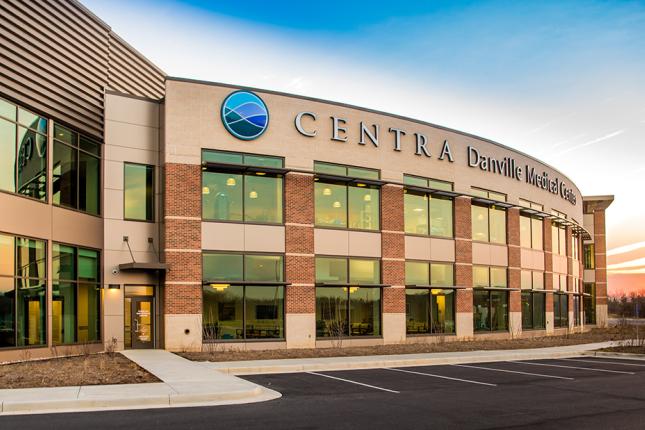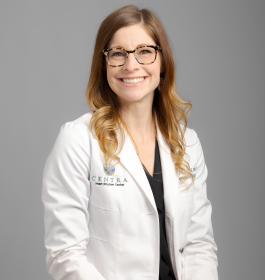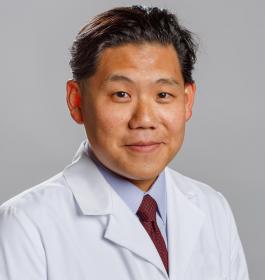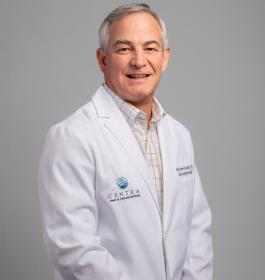Our approach to care
Your heart produces electrical signals that control your heartbeats. If something disrupts these signals, your heart may beat too quickly (tachycardia), too slowly (bradycardia) or in an irregular pattern.
Types of Tachycardia
We care for the full range of tachycardias, including those caused by age, genetic mutations or heart disease. Our areas of expertise include:
- Atrial fibrillation, also known as Afib
- Atrial flutter
- Atrial tachycardia
- Long QT syndrome
- Supraventricular tachycardia (SVT)
- Ventricular fibrillation
- Ventricular tachycardia
- Wolff-Parkinson-White syndrome
Types of Bradycardia
We diagnose and treat common and rare bradycardias, including:
- Heart block, also known as atrioventricular block
- Sick sinus syndrome
Our electrophysiologists also manage a type of abnormal heart rhythm that causes extra beats. It’s called premature ventricular contraction, or PVC. If arrhythmia symptoms such as shortness of breath, lightheadedness and fatigue make it hard to get through the day, turn to the experts at Centra. We’ll help you get your arrhythmia under control, so you feel like yourself again.
Arrhythmia diagnosis
Your tailored arrhythmia treatment plan begins with a precise diagnosis. We look for the source of your arrhythmia and test for other conditions that can make it worse. Our diagnostic procedures include:
- Cardiac diagnostic tests such as electrocardiograms (ECGs), echocardiograms (EKGs) and stress tests
- Cardiac monitors to detect and record abnormal heart rhythms while you go about your day. These wearable or implantable devices include Holter monitors, cardiac event recorders and implantable loop recorders.
- Electrophysiology (EP) studies to test the electrical activity inside your heart. Your doctor guides a special catheter (hollow, flexible tube) through your blood vessels to your heart. The catheter sends electrical signals to your heart while your doctor records how your heart responds.
Nonsurgical Arrhythmia treatments
Certain arrhythmias can be managed with one or more nonsurgical treatments, including:
- Lifestyle changes. Losing weight, getting more exercise and limiting caffeine and alcohol can help you improve arrhythmia symptoms. We’ll help you create new habits you can stick with, or refer you to providers who specialize in these areas.
- Antiarrhythmic drugs. Many people with arrhythmias take prescription medication. Antiarrhythmic medications restore your heart’s normal rhythm, while drugs such as calcium channel blockers and beta blockers can slow abnormal rhythms and help prevent premature beats.
- Cardioversion. A procedure that restores normal heart rhythm using medication (chemical cardioversion) or an electrical shock to the heart (electrical cardioversion).
- Cardiac ablation. Your doctor uses catheters to eliminate abnormal heart rhythms such as SVT, Afib and PVCs. We apply heat energy (radiofrequency energy) or extreme cold (cryotherapy) to the part of the heart that creates abnormal electrical signals. Both approaches kill the abnormal cells without damaging the rest of your heart.
Implantable devices
If antiarrhythmic drugs don’t help — or you have dangerous heart rhythms that need more advanced treatment — you may need an implantable device. We offer:
- Pacemakers. These devices use electrical impulses to control your heart rhythm.
- Implantable cardioverter defibrillators (ICDs). Also known simply as defibrillators, these devices monitor your heart rhythm. They shock it back to normal when dangerous rhythms occur, preventing sudden cardiac arrest.
- Cardiac resynchronization therapy. A special type of pacemaker implanted in your chest helps your heart’s chambers work together to pump blood.
If you still need help controlling your symptoms, your electrophysiologist may recommend you have surgery or convergent ablation (a combination of surgery and radiofrequency ablation). When necessary, we can refer you to Centra doctors who specialize in heart surgery, interventional cardiology or structural heart disease care.
A team approach to treatment
Certain medical conditions increase your risk of arrhythmia. We work closely with other Centra specialists, such as endocrinologists and weight loss surgeons, who can help treat your underlying condition. Together we’ll improve your arrhythmia symptoms and prevent life-threatening complications such as heart failure.










